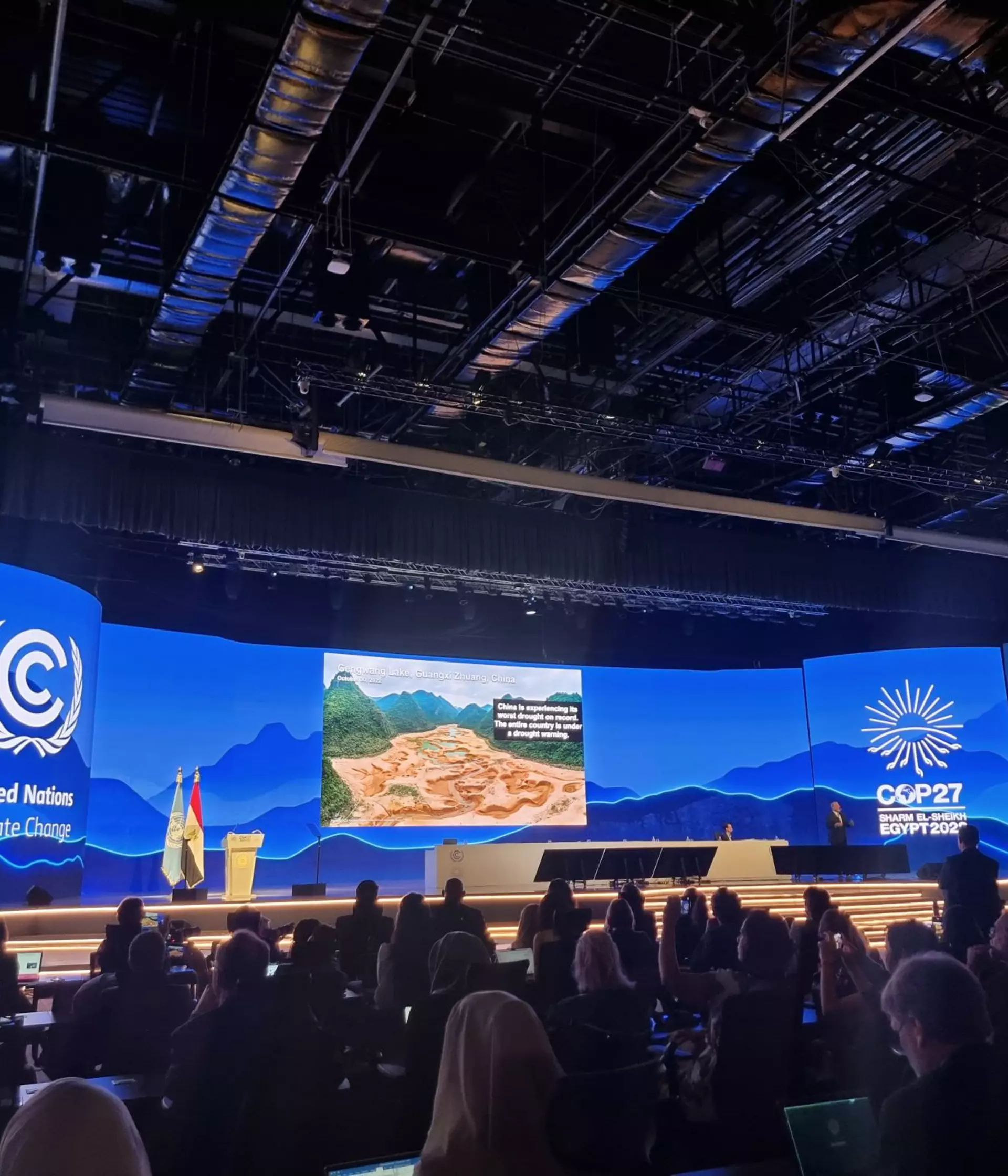ZSL has a long history of working within United Nations conventions, departments and processes to champion the development, agreement and implementation of biodiversity positive policy that benefits people and planet.
We want nature at the heart of every decision. From individual choice to investments, supply chains and international treaties, we want to drive change that moves our global economic framework to properly value nature.
ZSL engages with a range of UN processes and international engagements. Explore this engagement and learn more:
The Convention on International Trade in Endangered Species of Wild Fauna and Flora (CITES) is an international agreement between governments with the aim to ensure that international trade in wild animals and plants does not threaten the survival of the species. Unsustainable and illegal international wildlife trade continues to pose a threat to both flora and fauna globally. We have been engaging with the Convention for over twenty years with a view to ensure that a science and evidence-led approach underpins its implementation. We are working in a range of geographies on interventions that focus on a number of species impacted by trade and with the communities that rely on them.
CITES COP19 - November 2022
Read our CITES COP19 position statement and learn more about CITES COP19.
The CBD is the international legal instrument for "the conservation of biological diversity, the sustainable use of its components and the fair and equitable sharing of the benefits arising out of the utilization of genetic resources". The CBD provides an overarching framework for all biodiversity-related conventions; the post-2020 global biodiversity framework (GBF) provides a globally agreed plan of action for the coming decade, and a touchpoint for holding governments and other actors to account.
2024 CBD The Convention on Biological Diversity COP16
The CBD COP 16 meeting is the first major summit since the adoption of the Kunming-Montreal Global Biodiversity Framework (KMGBF) in 2022 and will be a test of national commitment to action on biodiversity loss.
learn more about ZSL's recomendations and download our policy
2022 CBD The Convention on Biological Diversity COP15
COP15 was a vital moment for global biodiversity policy as it saw the negotiation and agreement of the GBF. ZSL was actively involved in the process of establishing the framework in the years running up to COP15 along with being directly engaged with the negotiations in Canada.
Read ZSL’s position paper ahead of COP15 and learn more about our work on the ground at COP15:
- COP15 biodiversity summit begins (7 December 2022)
- There is still much to play for (15 December 2022)
- COP15 - The Global Biodiversity Framework (21 December 2022)
2023 - UNFCCC COP28 November-December 2023 - Dubai, United Arab Emirates
Read our COP28 Position Statement to learn more about how these negotiations will impact nature.
2022 - UNFCCC COP27 November 2022 – Sharm El Sheikh, Egypt
Read our blog series covering what happened at COP27 and why it matters for nature:
- COP season begins (4 November 2022)
- COP27 - One week in (11 November 2022)
- Nature-based climate action in cities (17 November 2022)
- COP27 - A COP of two halves (22 November 2022)
Read our COP27 Position Statement to learn more about how these negotiations will impact nature.
2021 - UNFCCC COP26 November 2021 – Glasgow, Scotland
The connection between climate breakdown and biodiversity loss is becoming increasingly better understood, and there is growing agreement that both crises must be tackled in unity. We are calling for world leaders to put nature at the heart of all global decision making.
Read our blog series covering COP26 to learn more:
- Ensuring biodiversity benefits from nature-based solutions (25 October 2021)
- Putting nature at the heart of global decision making (26 October 2021)
- COP26 hangs in the balance (12 November 2021)
- COP26 - A cause for celebration? (23 November 2021)
Read our recent COP blogs to learn about our team, engagement and policy priorities.
ZSL’s Global Policy Impact
At ZSL, we seek to inspire change by bringing people closer to nature and working with governments to put nature at the heart of decision making
ZSL's UK Policy Engagement
ZSL engages in the UK policy making process in a range of ways
